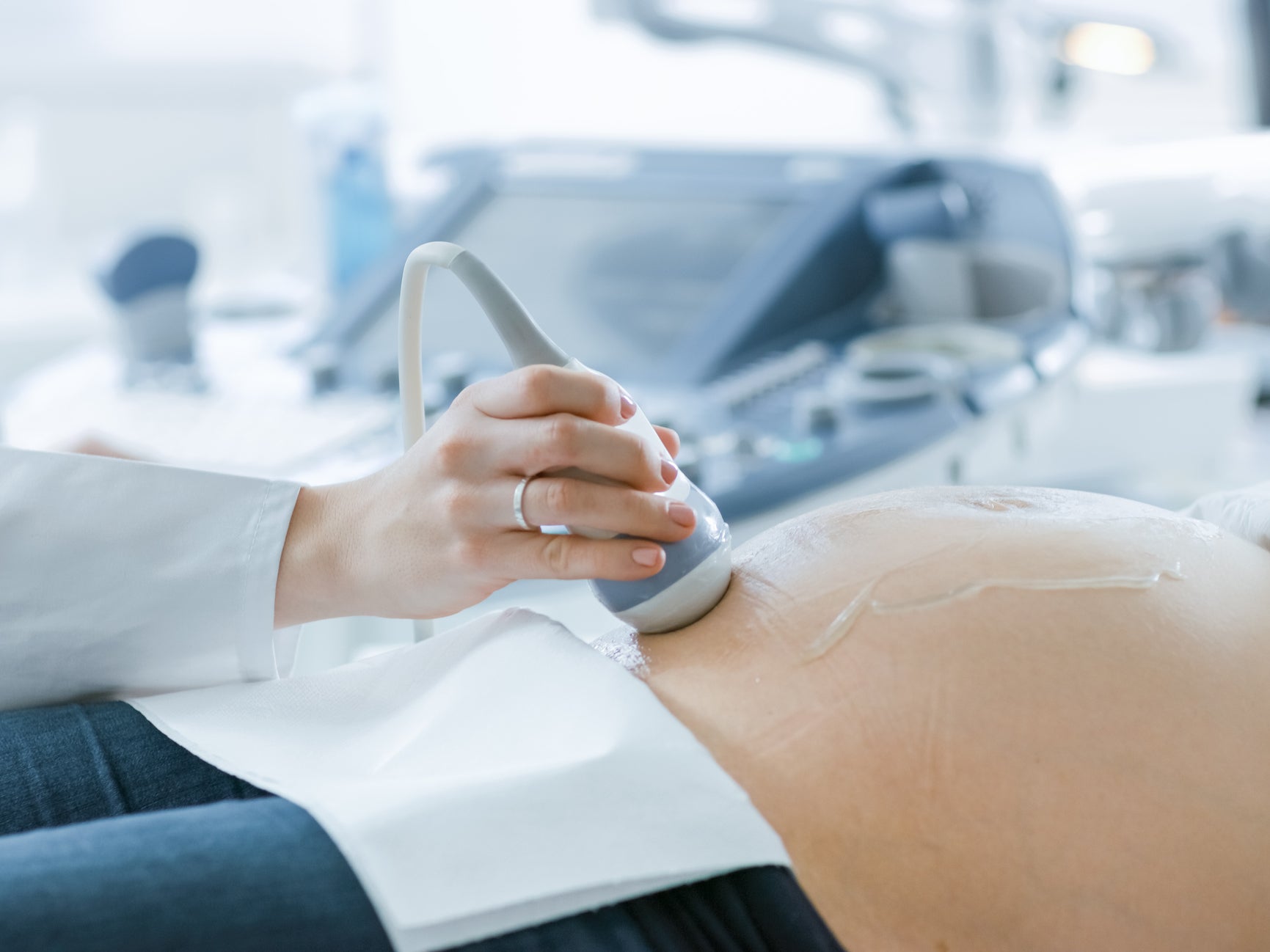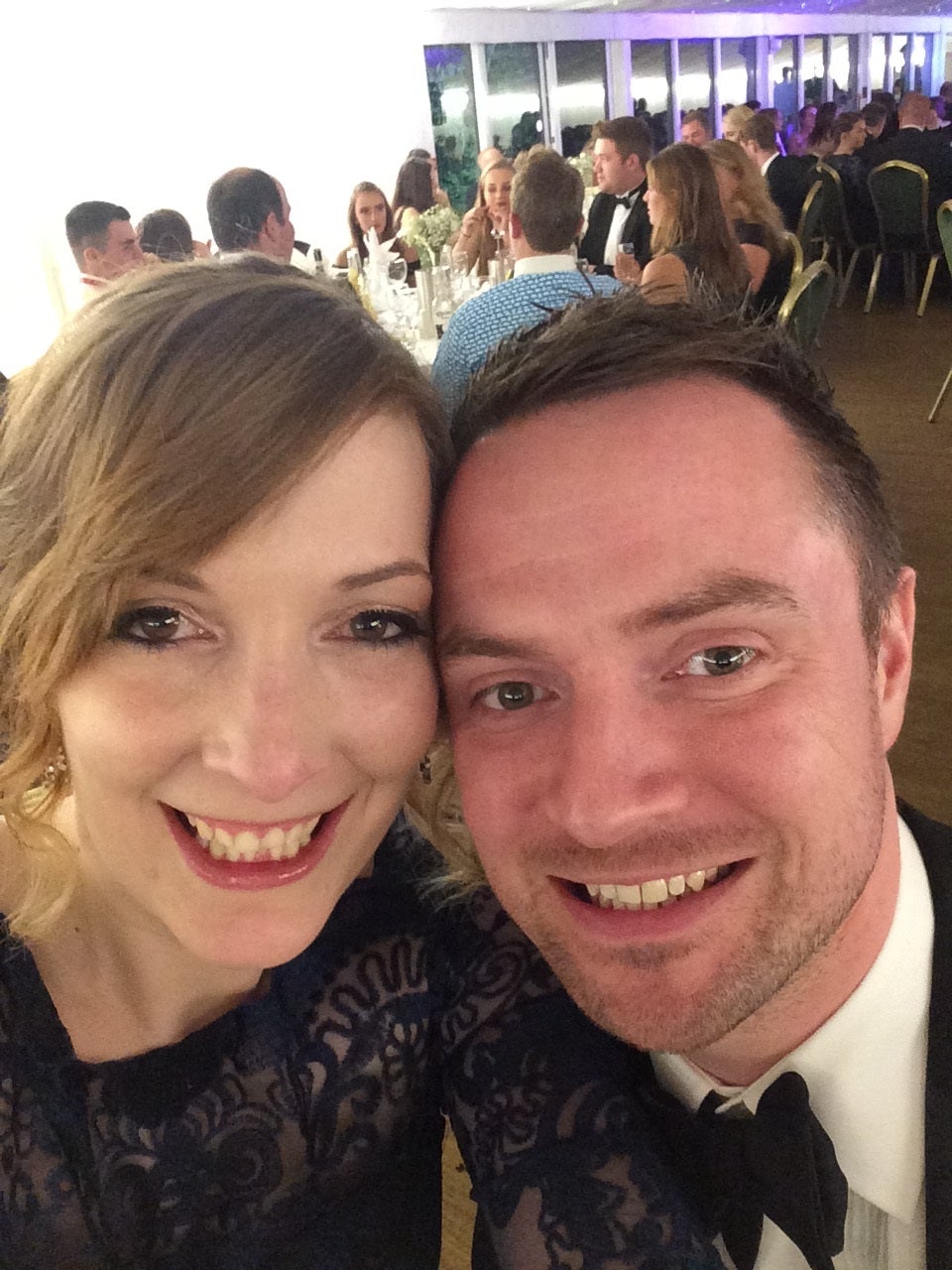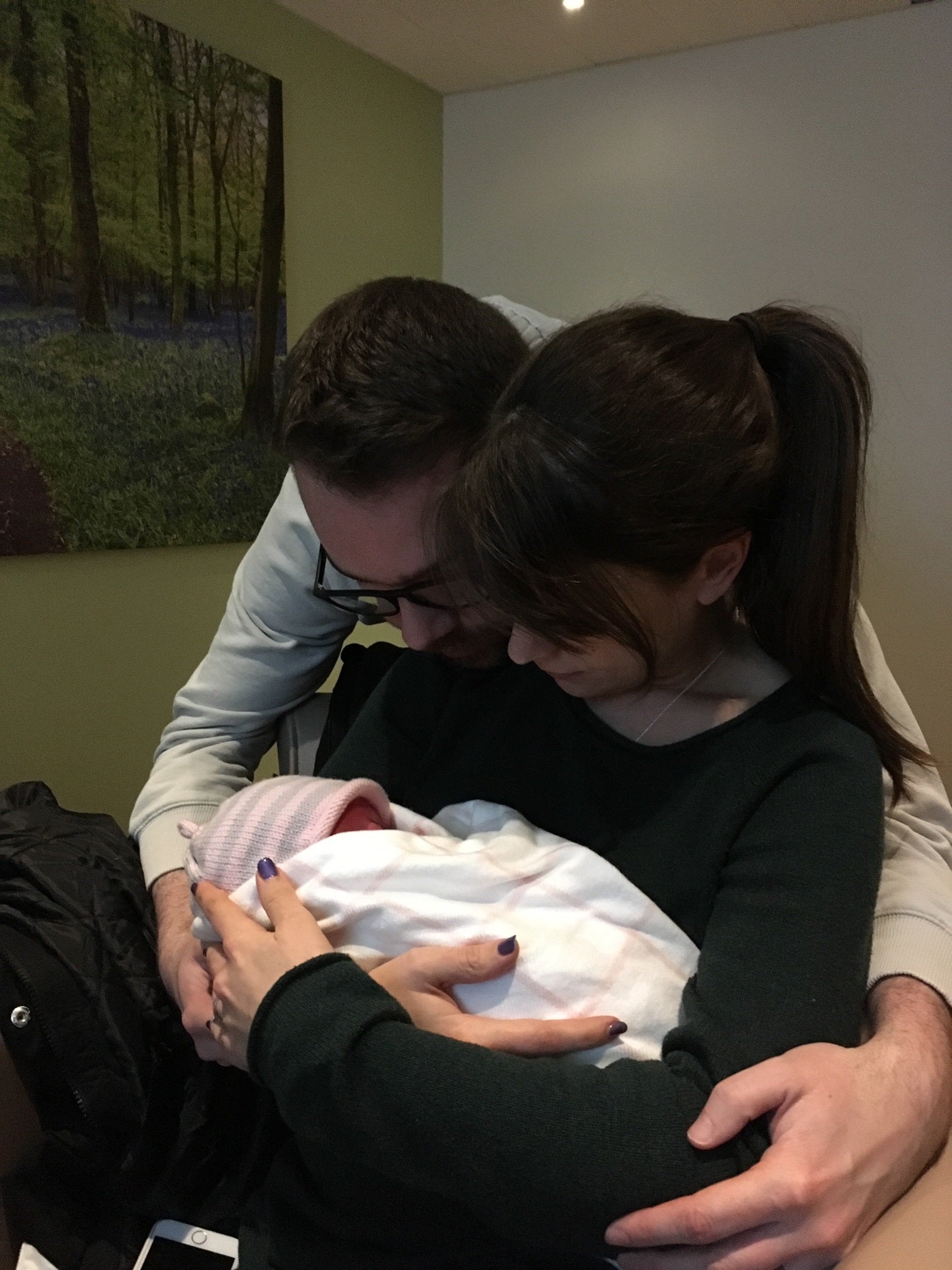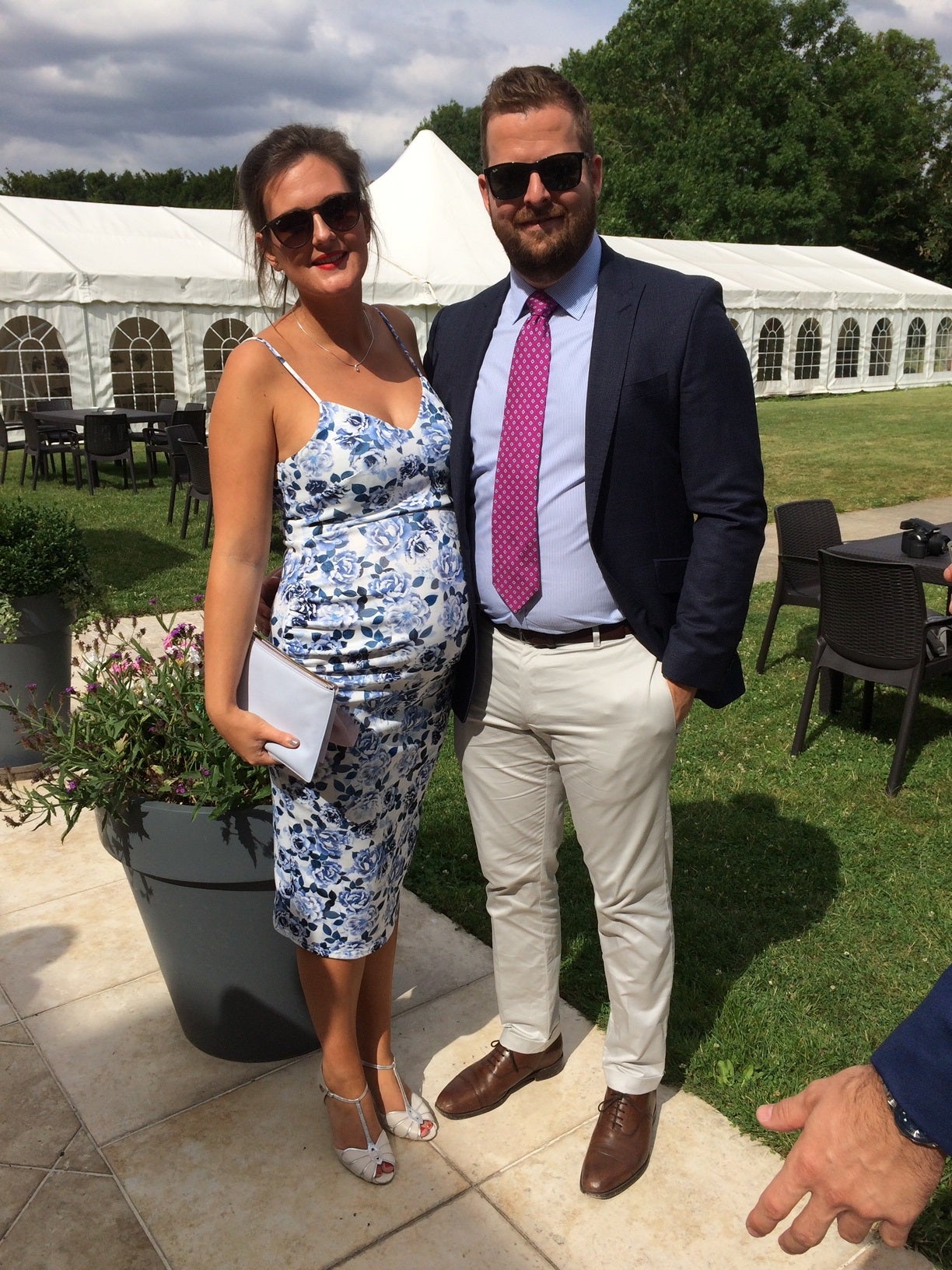‘I had no idea stillbirth still happened’: 5 things you may not know about baby loss
‘I didn’t have a clue miscarriage could drag on for so long’


Your support helps us to tell the story
From reproductive rights to climate change to Big Tech, The Independent is on the ground when the story is developing. Whether it's investigating the financials of Elon Musk's pro-Trump PAC or producing our latest documentary, 'The A Word', which shines a light on the American women fighting for reproductive rights, we know how important it is to parse out the facts from the messaging.
At such a critical moment in US history, we need reporters on the ground. Your donation allows us to keep sending journalists to speak to both sides of the story.
The Independent is trusted by Americans across the entire political spectrum. And unlike many other quality news outlets, we choose not to lock Americans out of our reporting and analysis with paywalls. We believe quality journalism should be available to everyone, paid for by those who can afford it.
Your support makes all the difference.Individuals who have not experienced pregnancy or baby loss may have a basic understanding of what a miscarriage or stillbirth entails. However, there may still be a lot they don't know, perhaps due to the misconceptions that continue to surround miscarriage and stillbirth.
On Thursday 1 October, Chrissy Teigen shared in a social media post that she had suffered pregnancy loss after experiencing excessive bleeding during pregnancy, saying that she and her husband John Legend are “shocked and in the kind of deep pain you only hear about, the kind of pain we've never felt before”.
Then, a month later, the Duchess of Sussex, Meghan Markle, spoke candidly about her experience of baby loss in a personal essay for the New York Times saying: “I knew, as I clutched my firstborn child, that I was losing my second.”
The Independent spoke to bereaved parents and experts to share facts people may not know about pregnancy and baby loss.
Miscarriage can occur after 12 weeks
For some parents who are expecting a baby, the 12-week scan marks a turning point during the pregnancy, the point at which they can reveal to their friends and family that a child is on the way.
This may be due to the fact that some believe miscarriages can only occur up to 12 weeks into a pregnancy.
However, this isn’t the case, explains Karen Burgess, CEO of baby loss counselling charity Petals.
“Miscarriage can happen any time between 12 and 24 weeks. That’s the technical line where after that, it becomes a stillbirth,” Karen states.
Ruth Bender-Atik, national director of the Miscarriage Association, explains that while many adults are aware of how common miscarriage is — occurring on average in one in four pregnancies — “most people assume everything is ok”.
“We never expect it to happen to us. That’s part of the reason why actually miscarrying comes as such as terrible shock, because you really don’t think it’s going to happen to you,” Ruth states.
The shock of miscarriage also leads some parents to assuming they may be at fault in some way, Tommy’s midwife Kate Pinney explains.
“We know the chances of it being something the parents did is almost negligible, but the first thing parents do is blame themselves,” Kate says.
A mother may not realise she has suffered a miscarriage
Those who are aware of what a miscarriage entails may expect a woman who is suffering one to experience early symptoms such as spotting.
However, it is possible for a pregnant woman to have experienced a miscarriage without realising, having not exhibited any symptoms. This is called a “missed miscarriage”.
I found out the baby had stopped developing at seven weeks
“A ‘missed’ or ‘silent miscarriage’ occurs when the baby has died but the pregnancy hormones are still ongoing,” Ruth outlines.
Nicola Rash, a 33-year-old lab manager from Suffolk, experienced two miscarriages. The first happened in 2018 and the second, a year later.
“Everything had seemed perfectly normal. I’d got to 12 weeks pregnant and I’d had all the symptoms of being pregnant. Then one day I was going to a meeting at work and I just felt like something wasn’t right,” Nicola says. “I went to the loo and wiped and there was blood, so obviously I was quite alarmed, and then I started to have cramps.”
The next day, Nicola called her early pregnancy unit and went in for a scan. “I found out the baby had stopped developing at seven weeks. So I’d been carrying it around in there for five weeks without knowing,” she says.

When a woman experiences a missed miscarriage, they are offered the option to take medicine to help speed up the process. This is called “medical management”.
According to baby charity Tommy’s, medical management is a successful method in 85 per cent of cases of missed miscarriage. However, for some, like Nicola, surgery may also be required.
“I had to be rushed into surgery because I had retained tissue, which is something I didn’t know could happen,” Nicola says. “It’s where your body hasn’t expelled everything the first time round. It was all quite traumatic.”
Stillbirth is more common than many may think
Alyx Elliott, director of strategy at Petals, experienced the stillbirth of her daughter, Skye, at 37 weeks in 2017. Prior to her experience, Alyx was of the belief that stillbirth was something that no longer occurred in this day and age.
“Before I was pregnant with Skye, I thought stillbirth was something from the Victorian age and before that. I had no idea that it still happened,” Alyx says. “It staggers me when you actually do look into it just how common it is.”

In 2017, one in every 238 births in the UK was a stillbirth, charity Sands outlines. This equates to nine stillborn babies a day and around 3,200 stillbirths that year.
Dr Clea Harmer, chief executive of the stillbirth and neonatal death charity, explains that many people are under the assumption that the deaths of babies is “just one of those things”.
“We know that many other countries have lower rates of perinatal mortality than the UK and that there are things we can do to reduce the number of babies dying,” Dr Harmer states.
I completely thought I was safe
“Once this misconception is addressed, we will be able to work together to better understand the reasons babies die and to put the necessary changes in place to reduce the perinatal mortality rate.”
Alice Bailey, a paediatric nurse, and Dave Bailey, an IT professional, experienced the stillbirth of their daughter Vera at 38 weeks in 2016. Dave says he believes the main cause of the “stigma” that surrounds stillbirth is that the fact people “still think it’s rare”.
Alice adds she was previously “guilty” of thinking pregnant mothers in their last trimester were automatically “safe”.
“If I saw someone who was in the last trimester I’d be like, ‘You’re safe now, not far to go’,” Alice says. “I remember when I was 37 and a bit weeks with Vera thinking, ‘I’m so uncomfortable, I just need to get this baby out.’ I completely thought I was safe.”
Every pregnancy and baby loss experience is different
One of the things that struck Nicola most about miscarriage through her own experiences was how different they can be.
“I always thought that it was just you get the impression that something’s not right, and then you start cramping and you bleed, and then you pass the pregnancy,” Nicola says.
“What I didn’t realise was that it can drag on for so long, or that you can have miscarried so long before and not have a single clue. There’s so many options and medical things you have to think of and deal with, like going for blood tests and choosing how to get rid of your pregnancy, and I just had no idea.”
Ruth, of the Miscarriage Association, explains that it is important to consider the fact that not everyone reacts to miscarriage in the same way.
“For many people, miscarriage is deeply distressing, it may be the worst thing that’s happened to them so far in their life. But there are some people who simply say, ‘You know what, I know miscarriage happens, it’s one of those things. I’m sure it’ll be ok next time’,” she states.
Ruth also outlines how the portrayal of pregnancy and baby loss in film and TV can leave viewers with a misleading idea of what it can entail.
“You get some really powerful portrayals, but I think the thing that people find the most difficult is when you have a highly dramatic miscarriage scene, which tends to show someone falling down the stairs or falling down in the street clutching their stomach in a pool of blood, which generally isn’t how miscarriage happens,” Ruth says.
In Alice’s opinion, stereotypical depictions of baby loss in soap operas are frequently void of the emotional aftermath.

“I’ve seen it in a couple of soaps, and I just think it happens and then the couples always seem to recover very quickly,” she says.
“They never talk about the recovery side of things, there’s never any counselling or anything. I don’t think they’ve truly nailed how much it breaks you.”
Maternity wards have rooms dedicated to pregnancy and baby loss
When one pictures a maternity ward, they would presumably visualise a hospital ward filled with pregnant women, their families and the sounds of crying, newborn babies.
However, unless an individual has experienced pregnancy or baby loss, they may not realise that it is also the place where some parents first learn of and suffer the deaths of their babies.
I could hear other babies being born and other babies crying
Petals CEO Karen first started working as a baby loss counsellor in 2009. The early stages of her work involved working on the same maternity unit where she had given birth to her children several years prior.
“I suddenly walked through these places seeing through different eyes,” Karen says. “I didn’t realise that part of the maternity ward where people were having their babies were one or two rooms where parents go whose babies are going to die, or have died.
“There’s a separate area of the maternity ward for this, but I didn’t know that.”
Following the death of her daughter Vera, Alice was looked after in the hospital for a few more days, an experience that she found very upsetting.
“I stayed in the hospital for I think another three days while I recovered, which was horrific because I was on the labour ward,” Alice says.
“I could hear other babies being born and other babies crying. Horrific.”
If you have been affected by any of the issues raised in this article, you can contact stillbirth and neonatal death charity Sands on 0808 164 3332 or email helpline@sands.org.uk. The helpline is open from 9.30am to 5.30pm Monday to Friday, and until 9.30pm on Tuesday and Thursday evenings.
You can contact the Miscarriage Association helpline on 01924 200799 or email the charity at info@miscarriageassociation.org.uk. The helpline is open from 9am to 4pm Monday to Friday.
You can also find bereavement support at The Lullaby Trust by calling 0808 802 6868 or emailing support@lullabytrust.org.uk.
To contact Petals to enquire about the charity’s counselling services, you can call 0300 688 0068 or email counselling@petalscharity.org.
Join our commenting forum
Join thought-provoking conversations, follow other Independent readers and see their replies
Comments